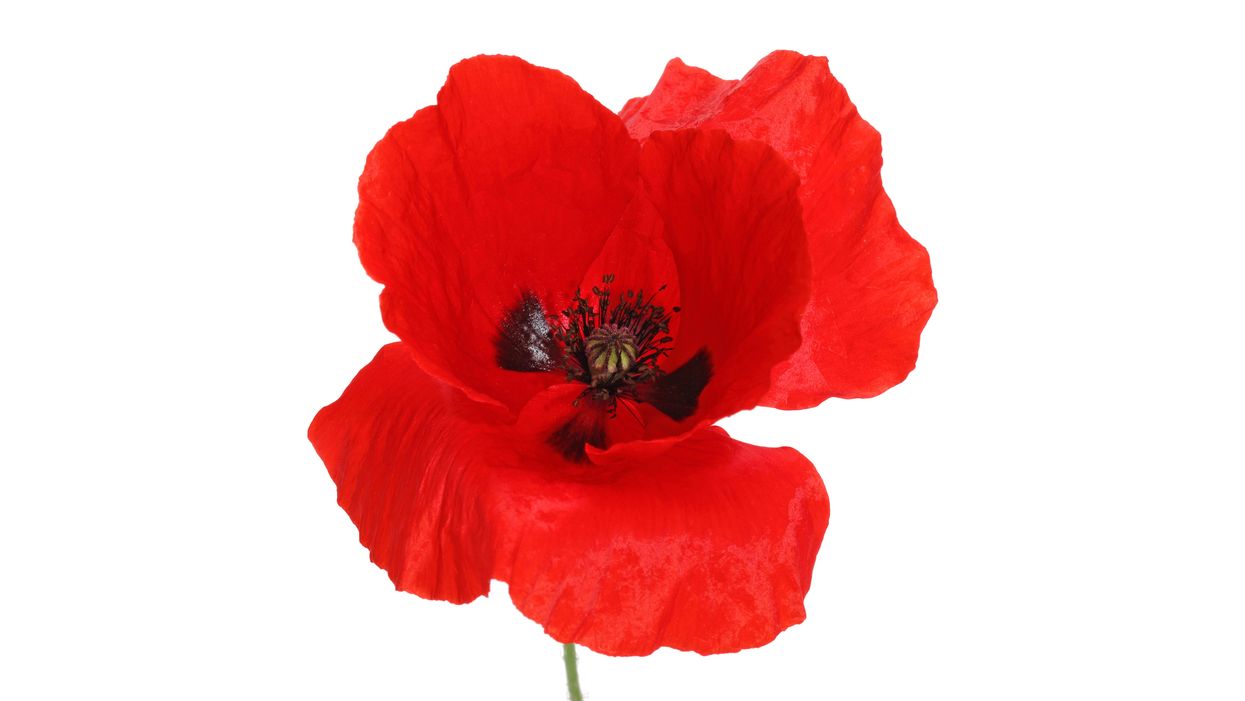Molineaux is co-publisher of The Fulcrum and President/CEO of the Bridge Alliance Education Fund.
Growing up, Memorial Day was spent visiting the cemetery, buying paper red poppies from the American Legion seller at the drug store and enjoying an afternoon in grandma's backyard with family. Often there were charcoal-cooked hamburgers and hot dogs, but sometimes we just picked up food from McDonald's. Over time, as three-day weekends focused on retail sales, our awareness of national sacrifice has faded. We have little time for national remembrance and renewal. We've become focused on ourselves and our lives, separate from our national sense of identity.
But 2021 is different for me. Maybe for you, too? While we have not yet fully emerged from the pandemic, we hope to this summer. Where the last world war was fighting fascism, one current global war is against a virus that has no boundaries. And the death toll has been costly; currently over 3.5 million souls lost, 600,000 in the United States. What is our remembrance of those we've lost? As a nation? As a world?
The origins of Memorial Day are generally agreed upon. It started in the southern states after the Civil War. It was a time when we fought over the soul of our nation; upending an unfair and inhumane economic system in favor of freedom and advancement of civil rights. Mourning together, honoring the dead of our brother/enemy was part of healing.
There is evidence, too, that newly freed people in Charleston, S.C., were the first to hold a Memorial Day remembrance.
"...on May 1, 1865, something even more extraordinary happened. According to two reports that (David) Blight found in The New York Tribune and The Charleston Courier, a crowd of 10,000 people, mostly freed slaves with some white missionaries, staged a parade around the race track. Three thousand Black school children carried bouquets of flowers and sang "John Brown's Body." Members of the famed 54th Massachusetts and other Black Union regiments were in attendance and performed double-time marches. Black ministers recited verses from the Bible.
"It's the fact that this occurred in Charleston at a cemetery site for the Union dead in a city where the Civil war had begun," says Blight, "and that it was organized and done by African American former slaves is what gives it such poignancy."
As is our custom in the United States, one good idea begets another; the women of the South honored Confederate and Union fallen soldiers in 1866 by decorating their graves. Gen. John Logan incorporated the remembrance into the U.S. military in 1868, as a way to unite the nation. He was following the lead of Abraham Lincoln, who, in his 1865 Second Inaugural Address, called upon us "to bind up the nation's wound ... to do all which may achieve and cherish a just and lasting peace among ourselves and with all nations."
Following the Civil War, towns and states began holding remembrance events in May.
At the conclusion of The Great War (later called World War I), Moina Michael noted that the sacrifices were not just the fallen soldiers, but the disabled men who came home and were forever changed. She was inspired by Lt. Col. John McCrae's 1915 poem "In Flanders Field,"which equated red poppies to both the courage of the men and the blood that was spilled. Michael adopted the red poppy to promote veterans' causes and raise money to help veterans. This is how I ended up with a paper red poppy pinned to my clothes in the 1970s. It was a symbol of our remembrance for the fallen and injured in all wars and conflicts.
This year, I'm pinning a red poppy on my social media accounts.
I want our nation to remember the sacrifice of our ancestors. To remember why we are a nation, forever flawed and forever seeking a more perfect union. I want us to renew our vow this Memorial Day to each other. To our shared grief for those lost to Covid, to violence, to disease and, yes, to war.
My hope is that by sharing our pain, we can find our shared humanity. And move forward forever changed, but better for seeing each other fully.




















